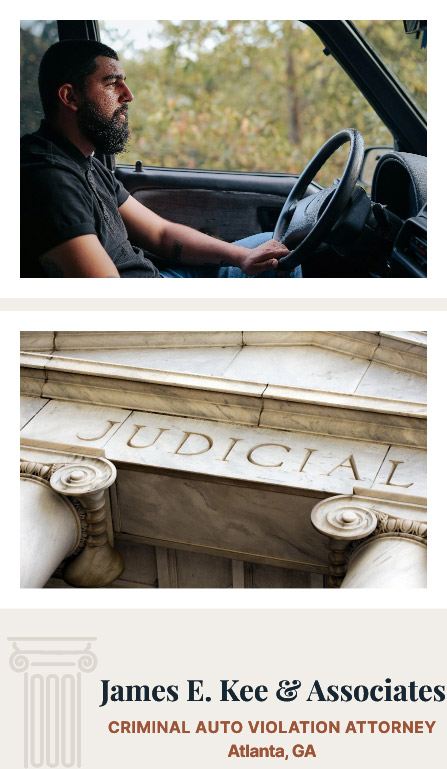Record Restriction is the legal process by which records relating to an arrest are restricted from public view. Crucially, Georgia law does not "destroy" the record; instead, it seals it from private background checks conducted by employers, landlords, and licensing boards. The record remains accessible only to law enforcement and judicial officials.
This process is generally reserved for non-conviction events, ensuring that an arrest that did not lead to a conviction does not permanently damage your future.
The most common scenarios eligible for record restriction involve cases where the outcome was not a conviction:
• Acquittals: You were found Not Guilty by a judge or jury.
• Dismissals: The charges against you were dropped (nolle prossed) by the prosecutor or dismissed by the court.
• Non-Prosecution: No charges were filed by the prosecuting attorney within the legally defined time limit after the arrest.
• First Offender Act/Conditional Discharge: Successful completion of probation under Georgia’s First Offender Act or a Conditional Discharge program allows for the record to be restricted and sealed.
While the general rule is "no restriction for convictions," Georgia law has expanded in recent years to provide relief in specific situations:
• Youthful Misdemeanors: Restriction may be available for certain non-violent misdemeanors committed before the age of 21.
• Two Misdemeanor Convictions: Under recent changes to OCGA § 35-3-37, a person may petition the court to restrict up to two qualifying misdemeanor convictions four years after completing their sentence.
• Retroactive First Offender: For individuals who were eligible for the First Offender Act but were not sentenced under it, a petition for Retroactive First Offender treatment may be filed to clear the conviction.



